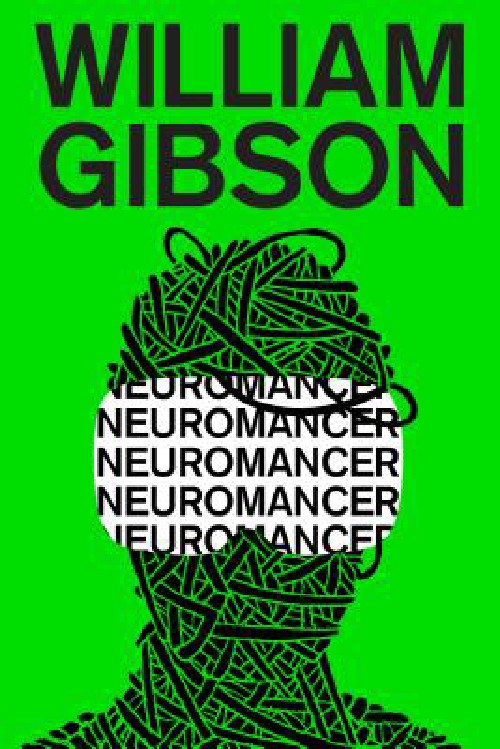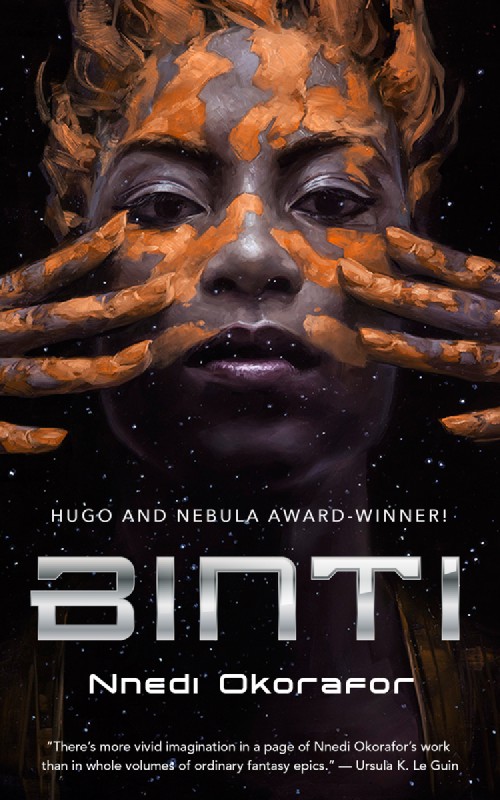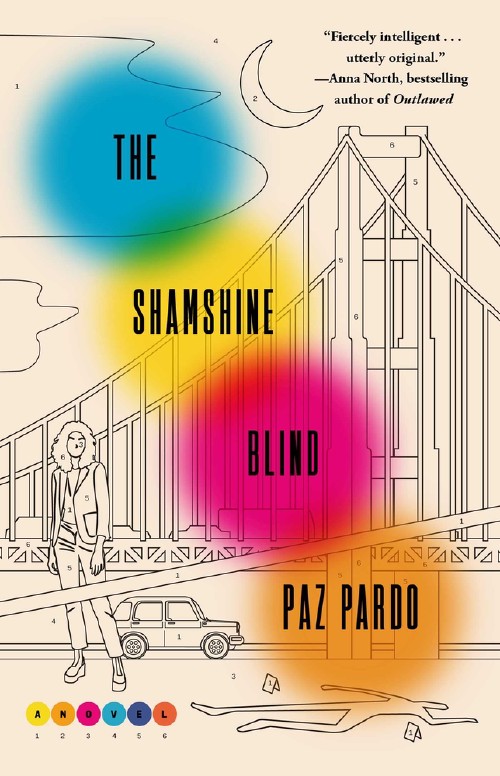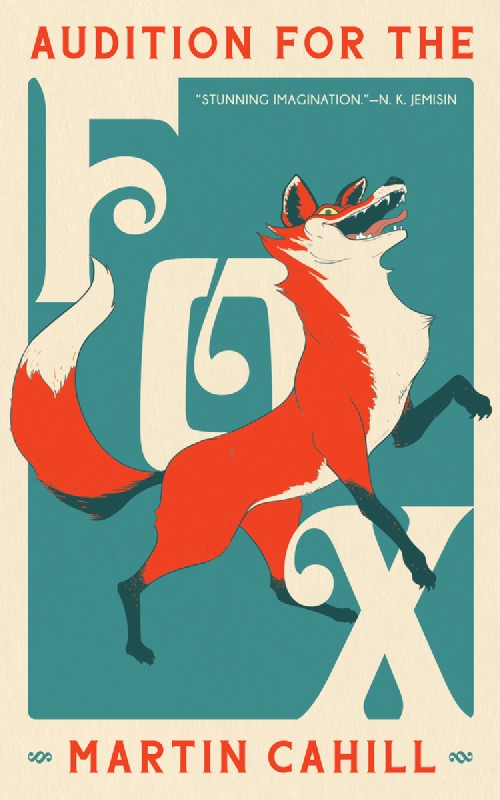My favorite podcast is 99% Invisible. It’s hosted by Roman Mars, produced by Mars, Katie Mingle, Avery Trufelman, Sam Greenspan, and Kurt Kohlesdt. It’s lovely. But my favorite episode is one that they didn’t really have much involvement in creating. The episode is number 91, “Wild Ones Live” and it’s one of my most favorite creative works from the past few years. I first listened to it while we were driving through southern Wyoming on a trip from Jackson Hole, WY to Estes Park, CO. My partner and my son were sleeping and I was listening to podcasts and this one was so wonderful that as soon as my partner woke up I started it from the beginning again so she could listen.
Wild Ones Live is a collaboration that Jon Mooallem did with the band Black Prairie after the publication of this book. In it, he condenses his book into a 45 minute spoken word performance that is scored by a live performance from Black Prairie. They are performing the EP they made inspired by the book. The performance is delightful and depressing and might inspire some amount of introspection about your perspectives on what nature is, what wild animals are, and how you came to think of them in such a way.
After listening to this podcast episode numerous times, I couldn’t not buy the book to read. The book, it turns out, is good. Not as good as the live performance, but good nonetheless.
Mooallem divides the book into three sections: the story of Polar Bears, the story of a specific type of butterfly, and the story of Whooping Cranes. Each story on its own is illuminating regarding the ways that humans and climate change have affected and are affecting “wild” animals; together they tell a larger story that is extremely thought-provoking.
Animals, as it turns out, do not have the luxury of debating the existence or causes of climate change. They do what they have always done and in many cases it keeps being less productive for survival. And so they adapt if possible or, more likely due to the quickness of change, the species marches towards exctinction.
In the past century a lot of species have gone extinct. But sometimes we have noticed that a species was close to extinction, and sometemes when we noticed we decided to step in and see if we could change the trajectory. Wild Ones is in part an examination of some strategies we have used to prop up species and avoid extinction. But perhaps more importantly it’s an examination of what we’re even trying to preserve. Mooallem questions if humans have ever known untouched nature; if wild animals are actually a thing; what it is that we’re even aiming for with these expensive and sometimes seemingly hopeless programs.
Reading Mooallem’s enjoyable exploration of these questions felt slightly deceptive – his writing and storytelling is delightful and full of interesting characters that he uses to slowly unravel some widespread beliefs about wildlife conservation. I found that upon finishing the book I was inspired by the many people with sincere desires to leave the world better than they found it. I also found that I was quite depressed at how myopic and limited our vision is towards the future. So much of the work catalogued in Wild Ones is a last ditch effort to defend against the finality of extinction even as it is admitted that the contexts have drastically shifted and there is not necessarily a plan for reestablishing a system that needs no human intervention. This is frustrating and indeed it should be. But, somehow, the book also leaves you with this small, frail hope that maybe we can push against the baseline and begin the process of restoration. Restoration of what, exactly? Maybe we can figure that out too.



